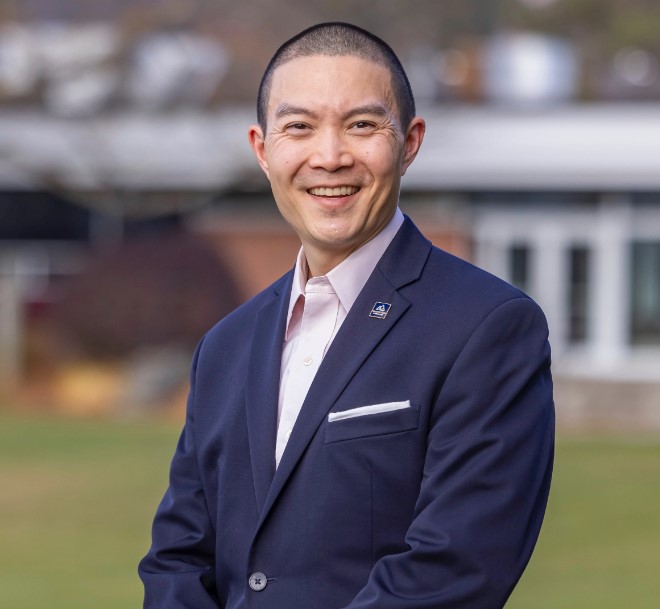Business and Economics dept. redesigning major
Professor Henrique Cezar of the business and economics department at Johnson State College
The Business and Economics Department at Johnson State College is undergoing an overhaul that will take effect sometime in the next few academic semesters.
The new model will allow for a more dynamic program of study for students and faculty, as well as creating a core program that all business students must complete before they choose a specialization.
This program will consist of business classes that add to a total of 39 credit hours. Upon completion of this core program, a student may choose from a variety of branching concentrations. Each concentration will consist of approximately seven classes totaling 20 credit hours.
Currently, concentrations are planned in the following areas: business management, hospitality and tourism management, accounting, marketing, and sports management. An economics concentration is also planned, but is in an earlier stage of development.
Any other concentration the business department may decide to create can easily be added to the existing ones.
“[This program] allows us to add a new concentration without the need to add a new program, a process which is very complicated,” said department chair Henrique Cezar.
These concentrations have been dubbed “robust concentrations” by Cezar because they can combine the business department with virtually any other department.
For example, if there were to be a demand for a management concentration with a side of psychology, the business department would work with the psychology department to select and combine the appropriate classes, thus creating a new concentration.
“We want to be like a catalyst,” said Cezar. “We want to bring other departments to our department.”
This all contrasts sharply with the current model, which has only two programs: business management and hospitality and tourism management. This model has been in effect for many years.
“They are two completely different programs. When a business student arrives here, they have to declare one or the other,” he said. “Before, it was very difficult for a student to switch [their concentration], but now it’s very possible. They might decide where they want to go two years later, rather than right in the beginning.”
This new model has been in development for the past year and was first introduced to the department by Cezar.
“He is the motivating force behind this, which is wonderful,” said Professor Jim Black, who also serves as co-chair of the business department. “This major really has not been changed in the 28 years I’ve been here. He is the innovative, inspirational, energetic force behind it.”
The new model is unique in terms of flexibility when compared to other programs across the state, according to Business and Economics Professor Todd Comen.
“Our goal is to differentiate our program from the other programs that are out there in New England,” said Comen.
The changing world of business heavily influenced the program, according to Black. Many future jobs that students will be working have not been invented, and the business program needs to be adaptive to deal with the world of tomorrow.
“Take, for example, social media advertising. Five years ago, no one had ever heard of that. Now, it’s a big business,” said Black.
This new model still needs to be approved by the faculty assembly, a body that meets once every month.
Josh LeMay joined the Basement Medicine staff in Spring 2014, assuming the role of staff reporter.






